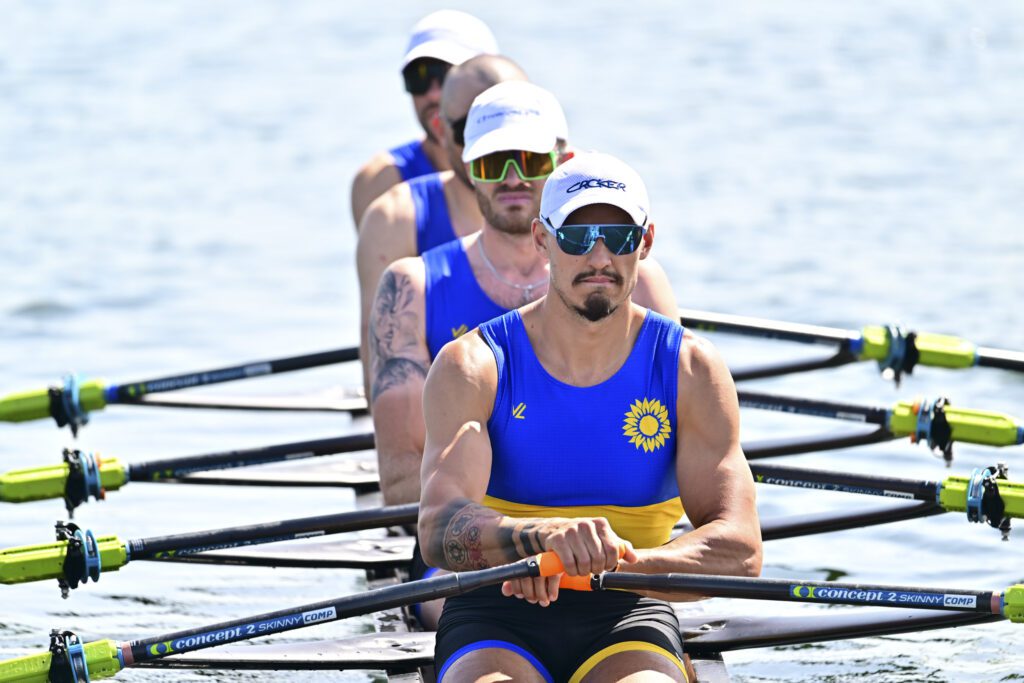Becoming vegan is gaining in popularity and is now one of the fastest growing lifestyle movements. It’s no longer considered to be a “whacky”, alternative or an extreme lifestyle. The British Dietetic Association confirms that a well-planned vegan diet can support healthy living in people of all ages. But what about in an endurance athlete/rower with increased nutritional requirements?
But veganism creates dietary challenges even for the average person, so for a busy athlete with increased nutritional requirements, health and performance may suffer if the diet is not handled properly. There is no scientific evidence that going vegan will boost an athlete’s performance.
Why?
The very limited research done suggests that a vegan diet may be low in important macro and micro nutrients. This means Protein, Calories, Fat, Vitamin B12, Riboflavin, Vitamin D, Calcium, Iron and Zinc are at risk. This is because eating either an omnivorous (meat eating) or even a vegetarian diet with dairy includes many rich sources of these nutrients which vegans exclude.
Insufficient Calories
A vegan diet typically contains lots of fibre which gives an early feeling of satiety and feeling full up. It may cause bloating and abdominal pain and reduce appetite. As a result it may limit caloric intake and carbohydrate especially important in larger athletes with higher energy needs. Crucial as this means for the athlete carbohydrate and protein may be used as energy rather than for muscle building and repair. So consuming adequate food before training and for recovery may be compromised and food whilst travelling may be limited.
Protein Deficit
Rowers /endurance athletes typically require more protein (1.2-1.4g/kg/day) than the average person (0.8 g/kg/day) to meet training and performance needs.
Both quantity and quality of protein is very important for many body processes but especially in athletes for muscle recovery post exercise. The plant protein in vegan diets is of a poorer quality than that from meat or milk sources and is deficient in some branched chain amino acids especially the important one for athletes …leucine.
The American College of Sport Science suggests vegans may need to increase their protein intake by 10% (1.0 gram/kg/day) to overcome incomplete protein digestion. Vegan athletes appear to consume less protein than meat eaters probably because the protein content of vegan foods is much lower and bulkier so you have to eat a lot. (Table 2).
Shortfalls of Micronutrients
High profile athletes such as tennis players Novak Jokovic and Serena and Venus Williams, heavy weight boxers Mike Tyson, David Haye and several footballers and cricketers credit a vegan diet with improved performance. These offer very attractive role models for athletes to adopt.
Vitamin B12
This vitamin is synthesised from animal products and isn’t produced by plants so vegans are at risk of deficiency. Fortified foods and supplements are the only proven reliable sources for vegans. Sources are given in table 3 but monitoring B12 status may be necessary in some vegan athletes and a daily supplement is advisable. There are supplements containing different types of vitamin B12. Cyanocobalamin is recommended, mainly because it is the most stable type.
Iron
Whilst dietary intakes of iron may be comparable to meat eaters, its availability (non- haem iron) may be reduced. Vegan diets contain dietary inhibitors e.g. phytates (found in wholegrains and legumes) and tannin (found in tea, coffee, and cocoa), which reduce iron absorption from food. Despite possible adaption of the body to increase absorption, the Institute of Medicine USA, recommend 1.8x the recommended intake for vegans and the female vegan is particularly at risk.
Absorption of non-haem iron can be enhanced by Vitamin C, so it is sensible to ensure Vitamin C rich food is eaten with meals e.g. drinking fruit juice or eating citrus fruits with cereal or eating peppers and broccoli with lentils is helpful. It is also best to avoid drinking tea or coffee with meals as this decreases absorption.
Zinc
Whilst it is possible to get all the zinc you need from eating a varied and balanced vegan diet it is not readily absorbed…so see Table 3 for good sources.
Calcium
This is important for all athletes especially rowers, as it is important for bone health. Again the body appears to regulate calcium status during low intakes but vegans are at higher risk of fracture. Some vegetables contain oxalate e.g. most leafy green vegetables such as spinach, and rocket which inhibits calcium absorption. There are a variety of calcium fortified foods e.g. nut milks and fruit juices available which can boost intake.
Iodine
Plant foods may contain a low amount of iodine and seaweed is not a good option as the iodine content is variable and it may be contaminated. A non-seaweed supplement is recommended.
Vitamin D
The UK recommends 400 IU per day for everyone except infants and dietary intakes in vegans may be low so a supplement is advisable.
When choosing a supplement, be aware that some types of vitamin D are not vegan-friendly. Vitamin D2 is always suitable for vegans, but vitamin D3 can be derived from an animal source (such as sheep’s wool) or lichen (a vegan-friendly source).
Omega 3 Fatty acids
Vegan diets tend to be lower in total and saturated fats, high in omega 6 but lower in omega 3 fatty acids. Good sources to include daily are chia seeds, ground flax (linseed) seed, hemp seeds and walnuts and consider using vegetable (rapeseed or olive) oil as your main cooking oil.
Summary
If you want to try a vegan diet, as a high performance athlete, don’t forget that the famous athletes who praise their vegan diet would have had the benefit of seeing a sport nutritionist to plan their diet and help them. In view of the difficulties of a vegan diet for athletes and the need for supplements, it would be wise to do the same and consult a sport nutritionist.
Food choices for vegans
- All kinds of vegetables, cooked and raw
- Vegetable sprouts
- All kinds of fruits, usually raw
- Beans and other legumes: lentils, chickpeas, black beans, pinto beans, adzuki beans
- Starchy vegetables e.g. potatoes and sweet potatoes
- Rice
- Pasta
- Whole-wheat bread, pitas, and bagels
- Other grains and seeds: bulgur wheat, buckwheat, farro, millet, quinoa, ground flaxseed, hempseed, chia seeds
- Hummus
- Nuts, nut milks, nut butters: almonds, cashews, walnuts, almond milk, hazelnut milk, peanut butter, almond butter, sunflower seed butter
- Agave nectar (as workout fuel, not an all-purpose sweetener)
- Protein powder (hemp, rice, pea, and chia blend)
- Soy products : tofu, tempeh
Visit www.vegansociety.com for more detailed general information



